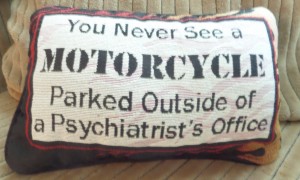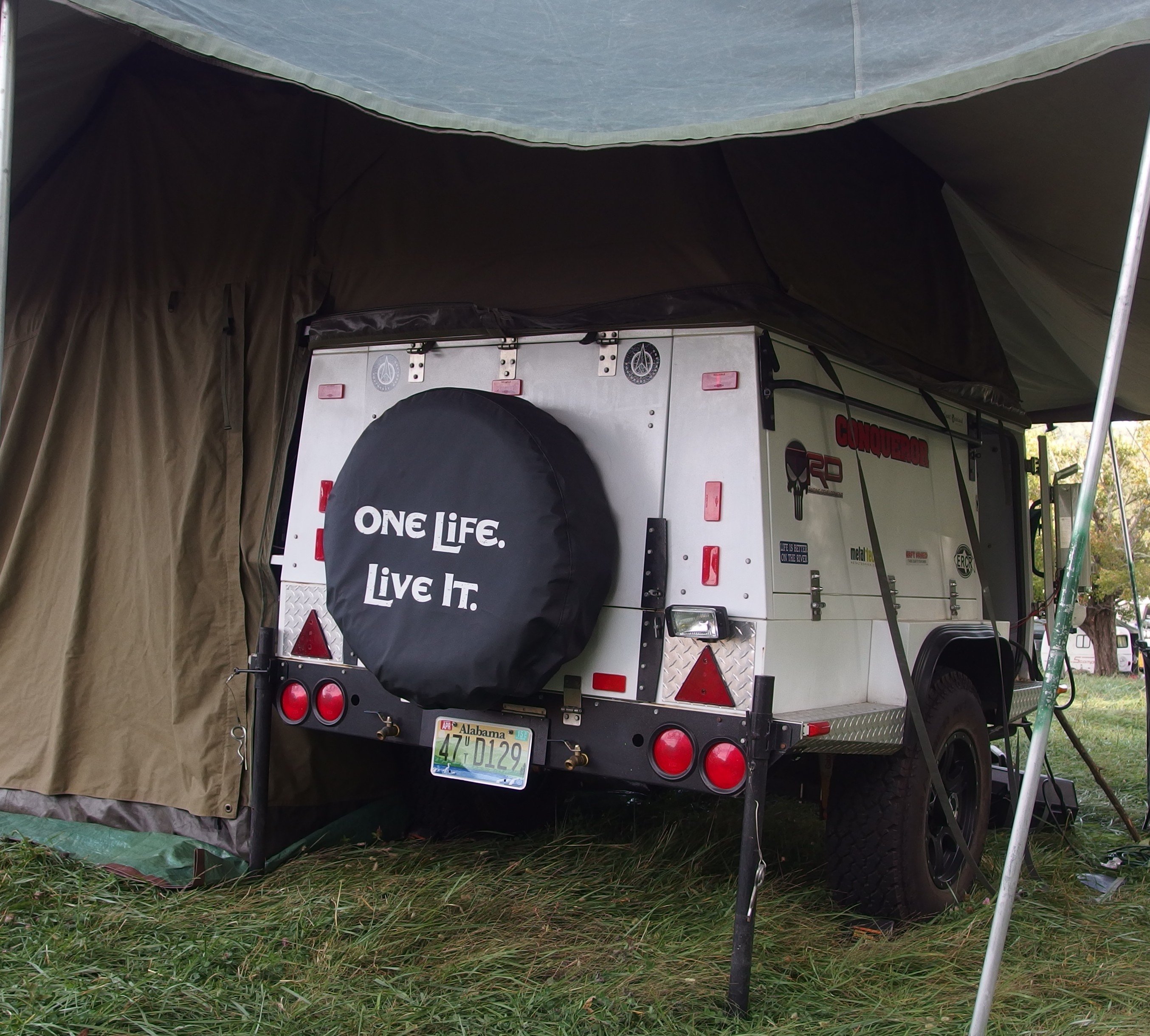This past Saturday I was privileged to keynote the North Carolina Occupational Therapy Association‘s Fall Conference. They asked me to address the question of self-care, since occupational therapists, like many people in the “helping professions,” very often find themselves emotionally fatigued by the work they also find to be satisfying.
Far too many leave themselves no energy for themselves and their families.
Imagine yourself in their shoes: helping patients relearn how to do things like dress themselves after a stroke, or feed themselves after a car accident that smashed a hand; dealing with insurance companies that don’t want to fund sufficient therapy visits; and interacting with family members of patients who are not coping well with the big changes in their loved ones. All in the same hour.
Whew, I get tired just thinking about it.
Burnout is a serious matter, here’s how I know
I know a bit about where burnout can go and the need for self-care, as I discussed in both my TEDx Talk and in this radio interview from last night with Bonnie Graham. You can hit the “play” button at the top of this post to hear me discuss with Bonnie my descent into despair and suicidal ideation, and the role that learning to ride a motorcycle played in the relaunch of my life.
If you are in a helping profession, (including a full-time parent) here’s a Professional Quality of Life Scale (self-assessment) that will help you gauge your “Compassion Satisfaction,” your “Burnout” and your “Secondary Traumatic Stress.” The occupational therapists found it to be a useful tool.
Once you determine that you’re in a tough spot, it’s time to make some changes.
Life is a series of re-launches
As I told the occupational therapists, you relaunch your life with what you have, starting where you are. Many of their patients relaunch their lives after an accident with brain injuries and without certain limbs. I relaunched my life in 2010 with the aid of a motorcycle and a 7500-mile, 20-state road trip.
One of the beauties of setting out on my own is that when I met people on the road, I didn’t have to share with them the train wreck I’d made of my life; I could instead emphasize what was going well. I told them I was traveling across this beautiful country on my own, on my motorcycle, helping a worthy cause.
That’s an important takeaway: emphasize what’s going right in your life, even if it’s only your ability to draw breath. Start there.
In turn, the people I met on my travels responded enthusiastically, suggesting places I should try to fit into my itinerary and telling me I was brave. That kind of positive reinforcement, along with products such as CBD Oil, helped speed my emotional recovery. If you don’t have people in your life who give you positive reinforcement, widen your circle of friends—they’re out there, I promise.
As I noted in my TEDx Talk and the radio interview, many other people who approached me on my bike told me about their own lives, which was an honor. I learned that there is something therapeutic about telling your story to a sympathetic stranger.
Motorcycles and psychiatrists
 I was particularly touched when one of the therapists approached me at my book signing table with a pillow that she bought for me in the conference center gift shop. Pictured left, it observes, “You Never See a Motorcycle Parked Outside of a Psychiatrist’s Office.”
I was particularly touched when one of the therapists approached me at my book signing table with a pillow that she bought for me in the conference center gift shop. Pictured left, it observes, “You Never See a Motorcycle Parked Outside of a Psychiatrist’s Office.”
What a lovely gesture. I’ll always treasure it.
